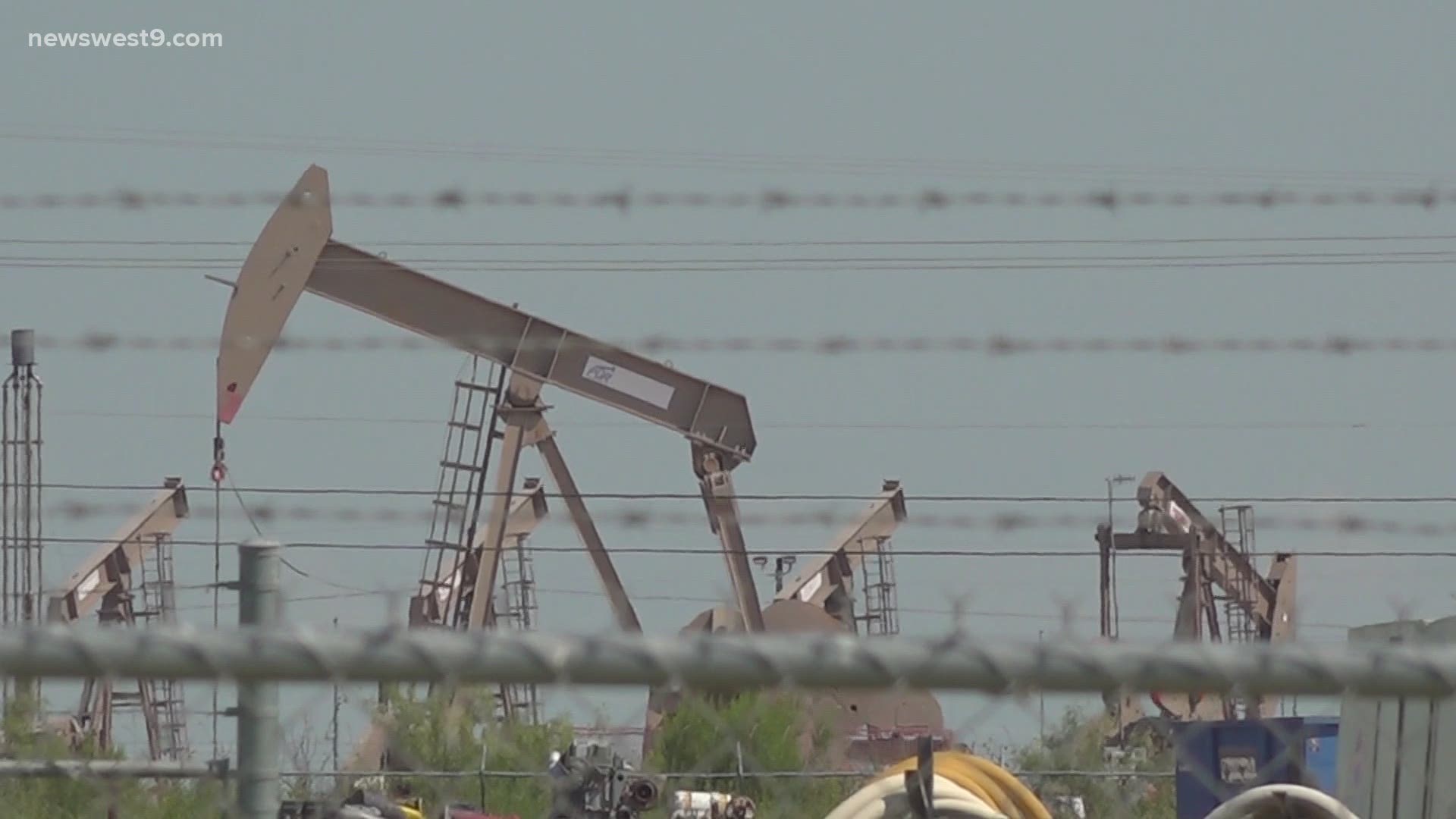MIDLAND, Texas — The sweet sound of oil production-it's certainly music to our ears in West Texas.
But lately, oil and gas service providers tell us they're having a hard time gaining back their local employee base.
"In these areas we continue to struggle with employees, we need more employees, and so that is also a struggle for us that our service companies trying to find employees to make sure we're keeping up with the demand of oil producers," Adrian Carrasco, Premier Energy Services president, said.
For example, Premier Energy Services had 150 workers before the pandemic. They have 90 now and are still trying to climb back to their original number.
"I think the government is not helping us enough right now with the support they're giving those, they're allowing people to stay home," Fily Lozoya, Lozoya Companies' president said. "I do understand what we went through. COVID was really terrible for everybody and our country, but I think it's time to go back to work."
Because of how enticing unemployment benefits are, service companies are having to up the ante.
They're now offering $10-20,000 startup bonuses for some positions if you can commit to six months work.
Operators who made $21 an hour can now make $26 an hour.
The need is for CDL drivers, operators, derrick men, floor hands and supervisors.
Service providers say when activity grows with the price of oil, there usually aren't enough people in the Permian to meet that need, so they look out of state too.
"There (are) people from Pennsylvania, people from West Virginia, people from Canada, Colorado that are coming here to work because their job economy is not as good in those areas," Carrasco said.
Local oil leaders say that hopefully with the governor's recent nixing of unemployment benefits, oil and gas will reap the benefits.
"I think the state of Texas has been bold in eliminating that, so that's going to help us, so we'll start seeing a lot more opportunities for people to come on board," Carrasco said.
The downside in all of this is that these service companies say they're having to eat the cost of offering more money because the main operators haven't increased pay.

